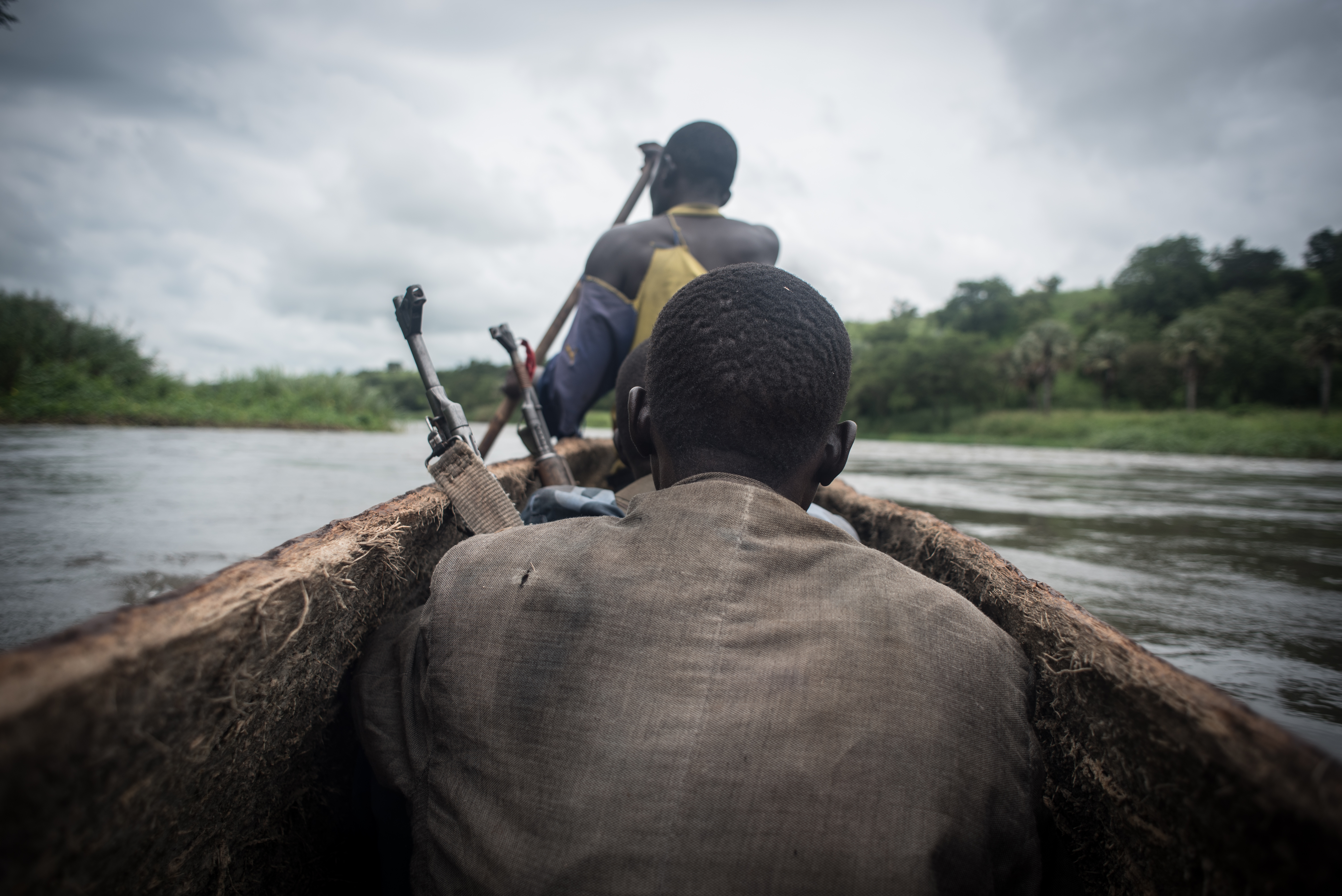July 09, 2018

Seven years ago today, South Sudan became the world’s newest independent state. The elation of that moment, however, did not last long. A little more than two years later, the country descended into a civil war that continues to this day. The conflict has included some of the most severe, deliberate violence against civilians since the Rwandan genocide. The latest attempt to broker a peace deal between the warring parties produced a cease fire in late June 2018, but as with previous diplomatic efforts, it showed signs of fraying within days. As policymakers continue to search for ways to end the war and protect civilian communities, there is a critical need to learn lessons from earlier efforts.
In a new report, From Independence to Civil War: Atrocity Prevention and US Policy Toward South Sudan, Jon Temin, a Visiting Fellow at the Museum’s Simon-Skjodt Center, explores how the US might have been more effective in helping prevent or mitigate the civil war and atrocities against civilians. A longtime expert on Sudan and South Sudan and a former member of the State Department’s policy planning staff, Temin based his analysis on interviews with more than 30 former and current US policymakers, South Sudanese experts, and South Sudan observers from the think tank, policy, and academic communities.
Through a detailed analysis of four “pivotal periods” and two “recurring critical questions,” Temin draws lessons for US policy efforts to help prevent mass atrocities in South Sudan and beyond. For example, Temin found that US policymakers “failed to step back and broadly reassess policy” on South Sudan despite major changes on the ground. Temin argues that any occurrence of mass atrocities should compel the US to “question core assumptions about a society and its leaders.”
Since the war began in December 2013, the Museum has attempted to shine a spotlight on ongoing atrocities in South Sudan. We have shared the stories of South Sudanese victims, supported reporting and photojournalism to document the severity of the abuses, and pressed for more sustained policy efforts to address South Sudan’s atrocity crisis. In addition, the Museum’s new Ferencz International Justice Initiative is working in collaboration with South Sudanese activists to strengthen prospects for justice and accountability for these crimes.
These activities reflect the Museum’s mandate to catalyze global action to prevent genocide and mass atrocities. By continuing to tell the human stories of genocide and mass atrocities, studying successes and failures, and serving as a resource to policy makers, the Museum strives to help turn lessons into effective action.
View All Blog Posts